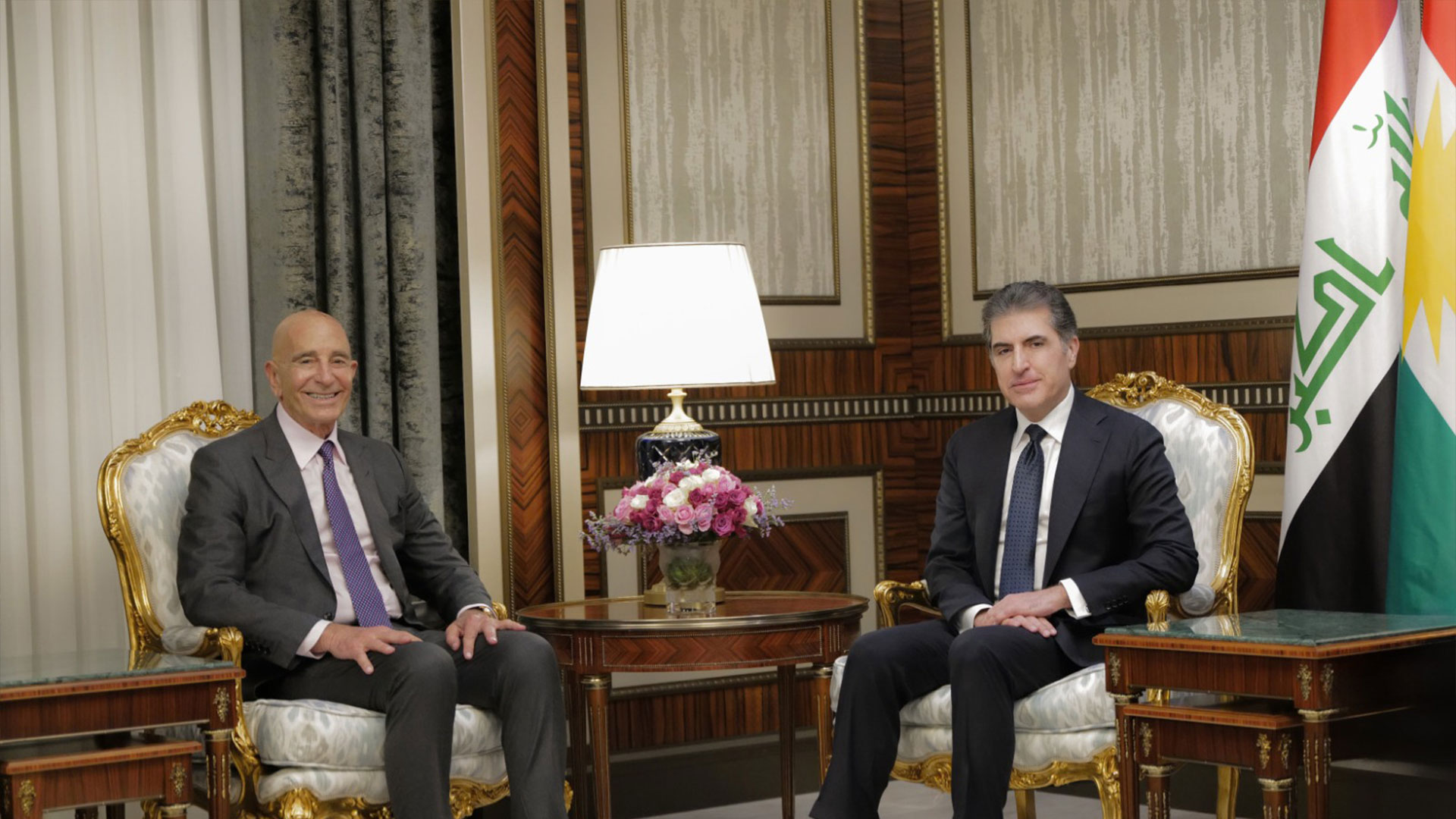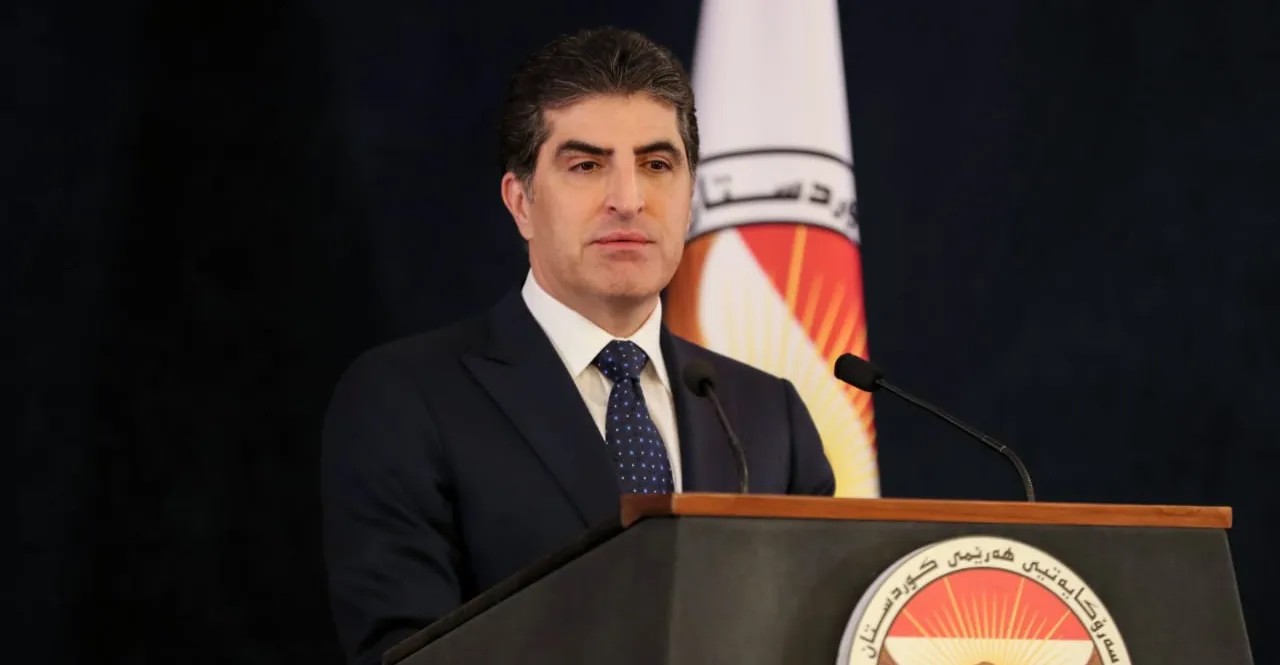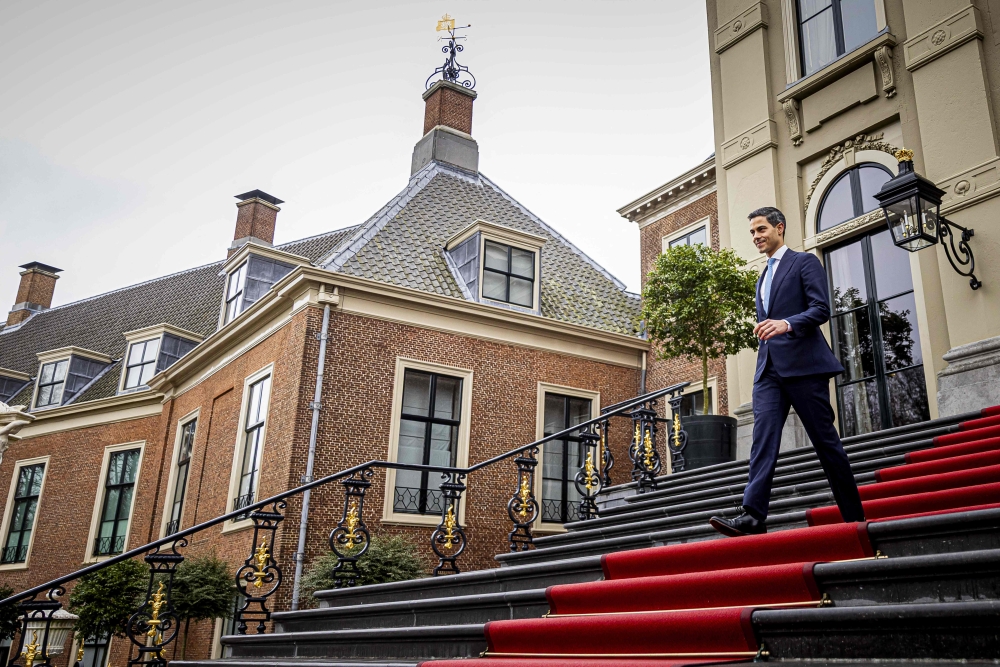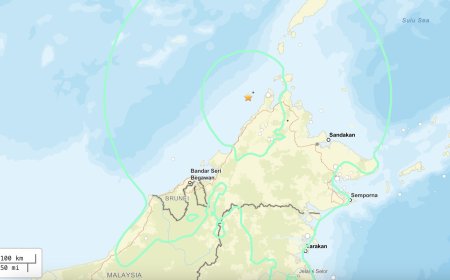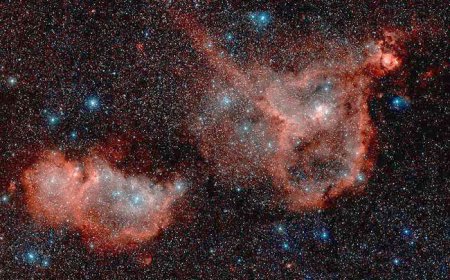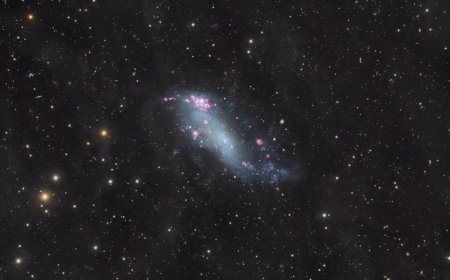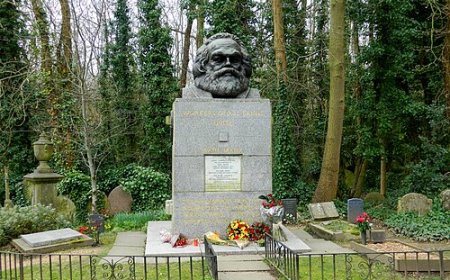Netanyahu’s three options to block a two-state solution
Israel’s prime minister considering various annexations of West Bank

Benjamin Netanyahu has long been accused of doing all he can to snuff out a Palestinian state.
Mr Netanyahu is yet to fully show his hand when it comes to the annexation of the territory that is at the heart of Palestinian’s hopes for a future state.
However, hard-line ministers in his coalition, whose support Mr Netanyahu depends on, are not interested in waiting. Furious with Britain, France and others for recognising Palestine, they have called for the “immediate” wholesale annexation of the occupied territory.
The West Bank is home to three million Palestinians who live under Israeli military rule and roughly 500,000 Israeli civilians living in settlements that are considered illegal under international law. The Palestinian Authority exercises limited control in parts of the territory.
As the pressure mounts, Mr Netanyahu’s cabinet has been considering three main options for annexing the West Bank, according to sources.
Smotrich plan
Bezalel Smotrich, Israel’s hard-Right finance minister, earlier this month proposed that Israel annex more than 82 per cent of the territory, which Israel has occupied since 1967, “to remove, once and for all, this idea of a Palestinian state”.
However, such an extensive proposal does not represent mainstream thinking in Israel, according to Yossi Kuperwasser, head of the Jerusalem Institute for Strategy and Security (JISS) and a former IDF brigadier general. “It’s not an option,” he told The Telegraph.
Annex Area C
Instead, Israeli ministers have allegedly warned countries considering recognising Palestine that Israel’s response would be to annex the roughly 60 per cent of the West Bank that is already under Israeli civil and security control, a region known as Area C, the Financial Times reported.
Israel has also been considering the implications of a more limited move to annex parts of the Jordan Valley, a section of land between Jordan and the West Bank, sources told Haaretz, the Israeli newspaper. The option is believed to have been raised with US officials.
Mr Kuperwasser said this option would be unlikely, given that Israel agreed to abandon such a plan in 2020 in order to sign normalisation agreements with several Arab countries.
Annex settlements
A third, more limited option would be to annex settlements close to the Green Line, which separates Israel and the West Bank.
A possible fourth option under discussion is turning Area B – roughly 22 per cent of the territory currently under Palestinian civil control and Israeli military control – into Area C, further dismantling the already limited control of the Palestinian Authority, a person familiar with the matter told The Telegraph.
However, while partial annexation might quell the demands from inside Mr Netanyahu’s coalition, Israel’s allies abroad have long warned against it.
Any partial annexation risks an almighty international backlash, rupturing the country’s relations with the Arab world and deepening its growing isolation on the world stage.
To Israel, the region is of strategic and religious importance and is referred to by its biblical names of Judea and Samaria.
After Mr Smotrich unveiled his plan, the UAE, in an unusually strong warning, said that any more towards annexation would cross a “red line”, jeopardise the Abraham Accords, and “end the pursuit of regional integration”. Saudi Arabia on Sunday told Israel it would lead to “major implications in all fields”.
US will influence strategy
Yet, Mr Netanyahu will first and foremost be focused on Mr Trump’s position.
A source familiar with discussions told The Telegraph that there would not be any unilateral moves towards annexation without the blessing of Washington.
A spokesman for Mr Netanyahu reaffirmed that the prime minister’s response would wait till his return from the US. He is expected to meet with Mr Trump at the White House next Monday.
Traditionally, US governments have been opposed to the annexation of the West Bank and have pushed for the creation of a Palestinian state through the two-state solution.
However, Mr Trump has shown a more malleable position. His pick for US ambassador to Israel, Mike Huckabee, is a staunch supporter of settlement expansion. In his first term, the US president also recognised Jerusalem as Israel’s capital and backed its sovereignty claim over the occupied Golan Heights, splitting with most of the international community.
“The US is worried about what annexation could do to the Abraham Accords, most notably the UAE, which issued a strong warning about this,” one Israeli source familiar with discussions said.
The US-brokered agreements with several Arab states in 2020 that normalised relations with Israel is one of Mr Trump’s signature foreign policy achievements, and one he will be intent on saving.
The hope was to expand the deals to Saudi Arabia and other countries in the region, but this process came to a standstill following Hamas’s October 7 attacks and the war in Gaza that followed.
Netanyahu ‘fighting for political survival’
With all this in mind, Prof Yossi Mekelberg, senior consulting fellow at Chatham House’s Middle East programme, believes the Israeli government would proceed with caution.
“There will be no knee-jerk reaction from the Netanyahu government and the more reasonable parts of it will be taking stock and working out how Israel got to this moment before anyone acts,” he told The Telegraph.
But he argued that while annexing parts of the West Bank was a “low-probability scenario”, it was still one Mr Netanyahu could pursue.
“The prime minister is fighting for his political survival. He may decide to move ahead if he is pushed into a corner and he thinks the US won’t react too badly,” he said, referencing Mr Trump’s “mild” response to the Israeli strikes on Qatar, a US ally.
A more likely and lower-stakes response would be punitive diplomatic manoeuvring by Israel, including the closing of countries’ consulates in Jerusalem and expulsions of diplomats.
The primary target is the French consulate, two sources familiar with the matter told The Telegraph, as Paris has led the collective moves to recognise Palestinian statehood.
Israel has so far reserved most of its ire for France, rather than the UK, in a possible signal of who it saw as the more influential player in Europe. One French diplomat said the country was bracing for Israeli retaliation and “intense PR campaign directed in particular, towards France” for leading the charge.
Israel and the US intend to boycott Monday’s two-state solution summit at the UN General Assembly, where Emmanuel Macron will deliver a speech to recognise a state of Palestine, joining some 150 members which have already done so.
[Source: Daily Telegraph]


